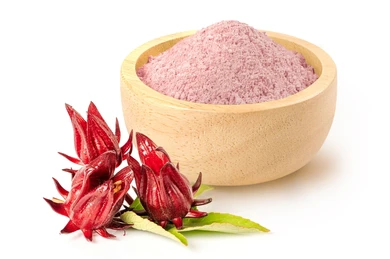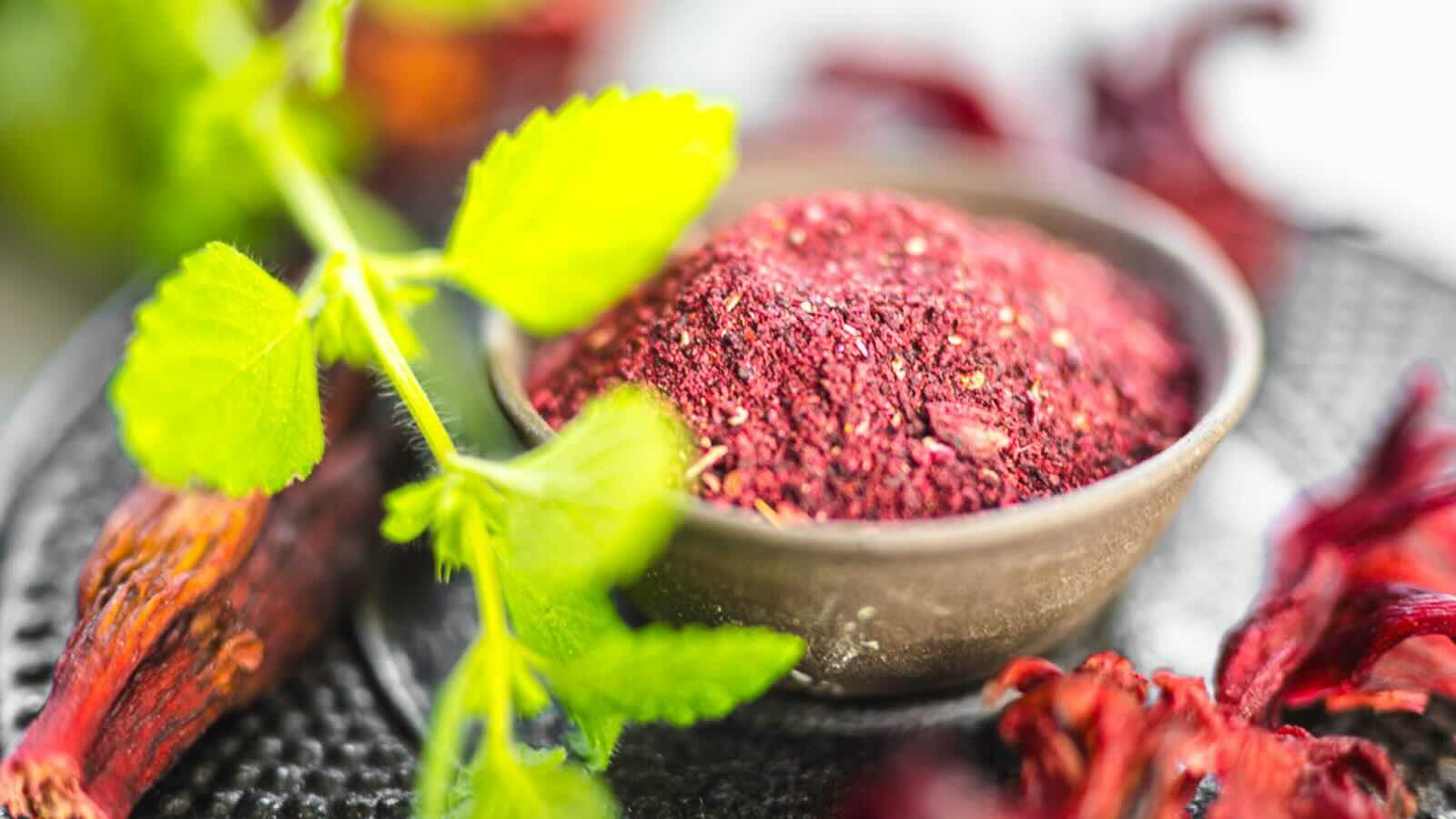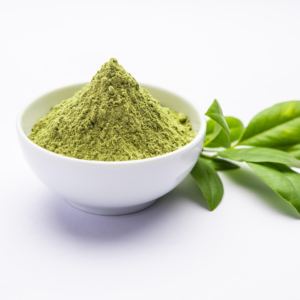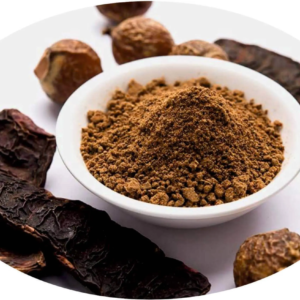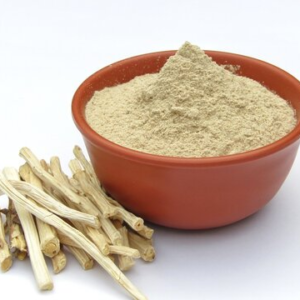Description
Origin:
- Hibiscus flowers are vibrant, tropical plants known for their large, colorful blooms, commonly found in warm climates across Asia, Africa, and the Caribbean. The flowers of the hibiscus plant are typically used to make hibiscus powder, which can be used for various purposes, including skincare and hair care.
Benefits:
- Promotes Hair Growth: Hibiscus powder is believed to stimulate hair follicles and improve blood circulation to the scalp, which can encourage healthier hair growth. It’s often used to combat hair thinning and promote longer, thicker hair over time.
- Prevents Premature Graying: The antioxidants in hibiscus powder, particularly Vitamin C and anthocyanins (which give the flower its red color), help reduce oxidative stress, which can delay premature graying of hair.
- Strengthens Hair: Hibiscus powder is rich in amino acids, which are the building blocks of protein, helping to strengthen hair strands and improve elasticity. It also conditions the hair, making it more manageable and less prone to breakage.
- Scalp Health: Hibiscus powder has natural antibacterial, antifungal, and anti-inflammatory properties, making it excellent for maintaining a healthy scalp. It can help reduce dandruff, soothe irritation, and balance oil production.
- Adds Shine and Softness: Hibiscus powder acts as a natural conditioner, giving hair a soft, smooth texture and enhancing its natural shine. It can help restore moisture to dry and damaged hair.
- Reduces Hair Fall: The nutrient-rich properties of hibiscus powder help nourish the scalp and hair follicles, which can reduce hair fall and promote stronger, more resilient hair growth.
- Prevents Split Ends: Regular use of hibiscus powder can help reduce split ends and make the hair appear healthier and more vibrant.
- Natural Hair Colorant: Hibiscus powder, particularly when combined with other natural ingredients, can add a reddish tint to hair, making it a popular ingredient in henna-based hair dye mixes for those looking to enhance or add natural highlights to their hair.
How to Use Hibiscus Powder:
- Hair Mask: One of the most common ways to use hibiscus powder is to mix it with water, yogurt, aloe vera, or coconut oil to create a nourishing hair mask. Apply the paste to your scalp and hair, leave it on for 20-30 minutes, then rinse thoroughly with water. This helps to hydrate, strengthen, and promote hair growth.
- Shampoo Booster: You can mix hibiscus powder with your regular shampoo to enhance its benefits. This allows you to incorporate hibiscus into your hair care routine without needing to prepare a separate treatment.
- Hibiscus Hair Rinse: For a simple, refreshing hair rinse, mix hibiscus powder with warm water and use it after washing your hair. This helps to condition and soften the hair.
- Scalp Treatment: Mix hibiscus powder with neem powder, honey, or olive oil to create a soothing treatment for the scalp. This can help address issues like dandruff, dryness, or inflammation.
- Hair Dye: If you’re interested in a natural, herbal hair dye, hibiscus powder can be mixed with henna powder to achieve a reddish tint. It’s best used on lighter hair colors or as a subtle highlight.
Considerations:
- Allergic Reactions: As with any natural ingredient, it’s recommended to do a patch test before using hibiscus powder on your scalp or skin, especially if you have sensitive skin or allergies.
- Color Transfer: While hibiscus powder can add a reddish tint to the hair, the color may not be permanent. The result may vary based on your natural hair color and how long you leave the paste on your hair.
- Storage: Keep hibiscus powder in an airtight container, away from heat and moisture, to preserve its potency and ensure it stays fresh.
In summary, Hibiscus powder is a versatile and highly beneficial natural product that nourishes both the scalp and hair.


